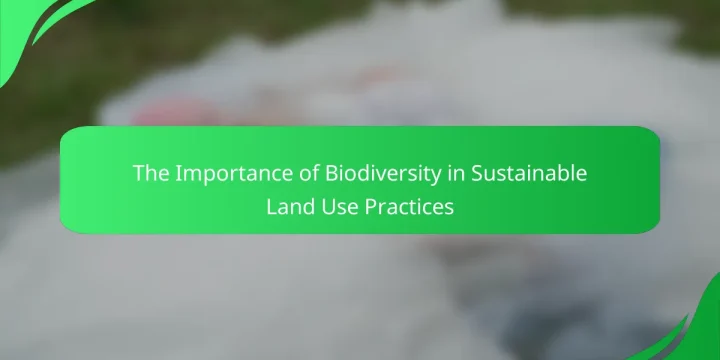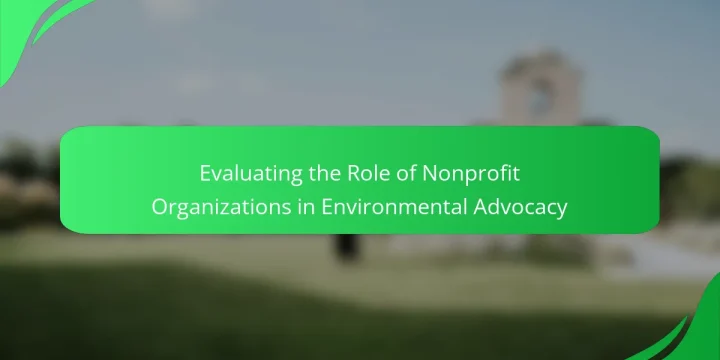
Environmental education is a crucial factor in enhancing public awareness and engagement regarding environmental issues. It provides individuals with essential knowledge about ecosystems, sustainability, and conservation practices, leading to increased concern for environmental problems. Research shows that a significant majority of students participating in environmental education programs are more likely to engage in community initiatives aimed at improving the environment. Additionally, this form of education promotes critical thinking and problem-solving skills related to ecological challenges, resulting in behavior changes that foster more sustainable practices within communities. Overall, environmental education plays an essential role in encouraging active participation in environmental stewardship. What is the impact of environmental education on public awareness and engagement? Environmental education significantly enhances public awareness and engagement regarding environmental issues. It equips individuals with knowledge about ecosystems,…








